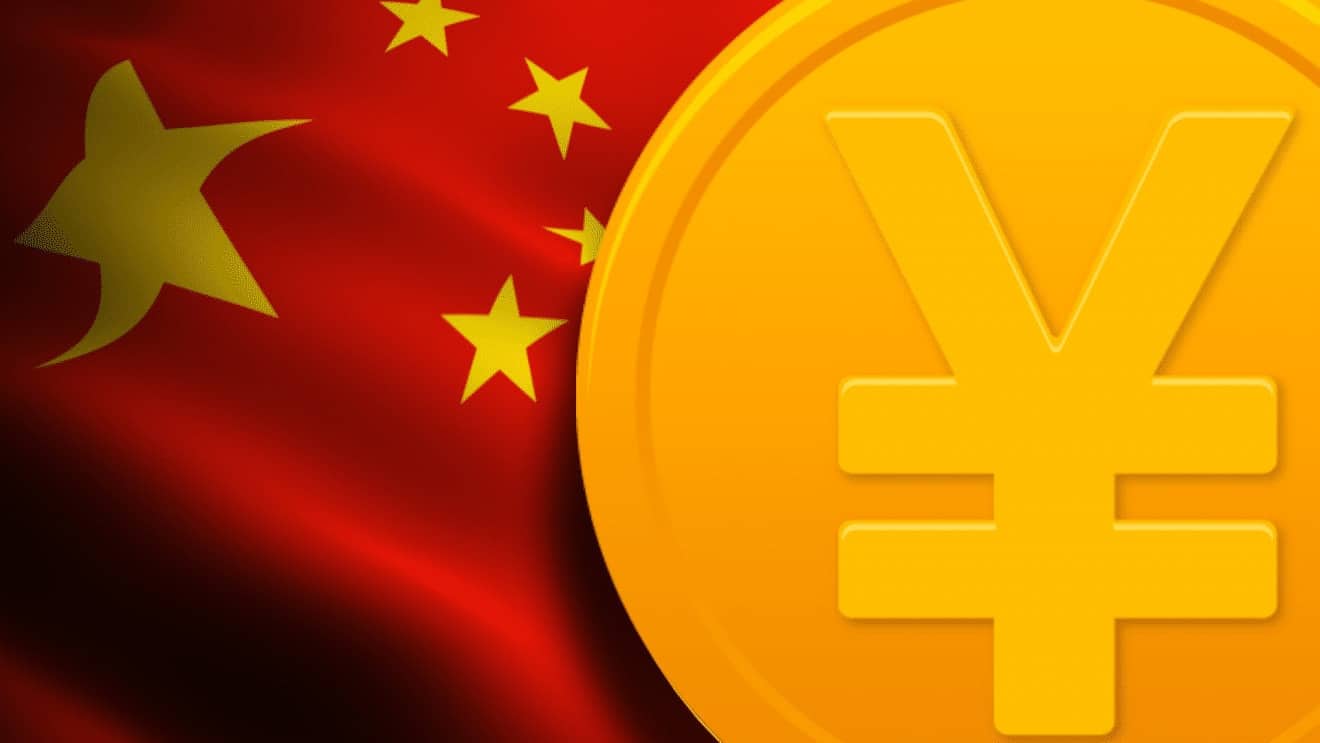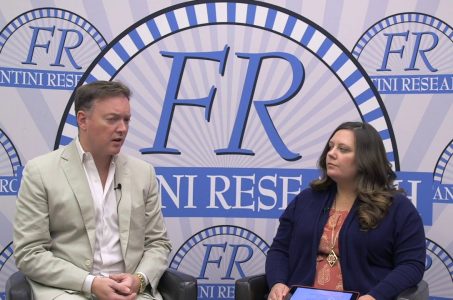Macau Regulator Denies It Wants Cashless Casino Economy Through Beijing-Backed DCEP Cryptocurrency
Posted on: December 4, 2020, 06:53h.
Last updated on: December 4, 2020, 07:52h.
Macau’s gaming regulator, the Gaming Inspection and Coordination Bureau (DICJ), has rejected reports that the world’s richest casino economy plans to embrace the state-backed digital currency, DCEP.

On Wednesday, Bloomberg claimed the regulator had approached several casino operators about the feasibility of replacing Hong Kong dollars with digital yuan, or DCEP (Digital Currency Electronic Payment), as the primary currency for buying casino chips in the gambling hub.
The DICJ dismissed this as “false reporting.”
Beijing announced the creation of DCEP in November of last year. At the time, Mu Changchun, head of the People’s Bank of China’s digital currency research institute, insisted the new currency wasn’t about government control. But it would help the government monitor money laundering, tax evasion, terrorist financing, online gambling, and other cybercrimes, he acknowledged.
DCEP Could Devastate Industry
The introduction of a traceable, government-linked currency could decimate Macau’s gaming sector. It would give Beijing oversight over the cashflows of the casino economy, making it much tougher for visitors to dodge controls on the movement of money out of the mainland.
DCEP could also destroy the junket industry that feeds Macau’s casinos with VIP mainlanders. The junkets issue no-interest loans for vast sums so customers can gamble on their trip. Currently, mainland visitors are permitted to bring no more than 20,000 yuan – around US$3,000 – into the gambling hub. The daily withdrawal limit from an ATM is 10,000 yuan.
According to the Bloomberg report, some junket operators are taking the rumor seriously enough to quit the business, or at least “shift resources elsewhere.”
One told Bloomberg, “If the water is too clean, there’ll be no fish. The big gamblers will go away if casinos need to be that transparent.”
Cashless Macau?
Macau’s gambling industry predates the former Portuguese colony’s 1999 secession to China. Beijing and gambling may not be ideologically compatible, but neither does the Politburo wish to wreck Macau’s economy.
Nevertheless, Beijing has shown in the past that long-held concerns about capital flight and money laundering sometimes take priority over the gambling hub’s financial health. It has also long insisted that Macau must diversify its economy away from pure gambling.
While DCEP would destroy the multibillion-dollar VIP segment, Bloomberg thinks it could make Macau more attractive to China’s middle-classes in the longer term, and that’s a gamble Beijing just might be willing to take.
DCEP would be the first cryptocurrency in the world to be issued by a central bank, although it is currently in testing phase and the People’s Bank of China has not published a time line for its rollout.
Related News Articles
Bragg Gaming Aiming for Nasdaq Listing, Planning Reverse Split
Most Popular
FTC: Casino Resort Fees Must Be Included in Upfront Hotel Rates
Genovese Capo Sentenced for Illegal Gambling on Long Island
NBA Referees Expose Sports Betting Abuse Following Steve Kerr Meltdown
UPDATE: Former Resorts World & MGM Grand Prez Loses Gaming License
Most Commented
-
UPDATE: Whiskey Pete’s Casino Near Las Vegas Closes
— December 20, 2024 — 30 Comments -
Caesars Virginia in Danville Now Accepting Hotel Room Reservations
— November 27, 2024 — 9 Comments -
UPDATE: Former Resorts World & MGM Grand Prez Loses Gaming License
— December 19, 2024 — 8 Comments -
FTC: Casino Resort Fees Must Be Included in Upfront Hotel Rates
— December 17, 2024 — 7 Comments
















No comments yet